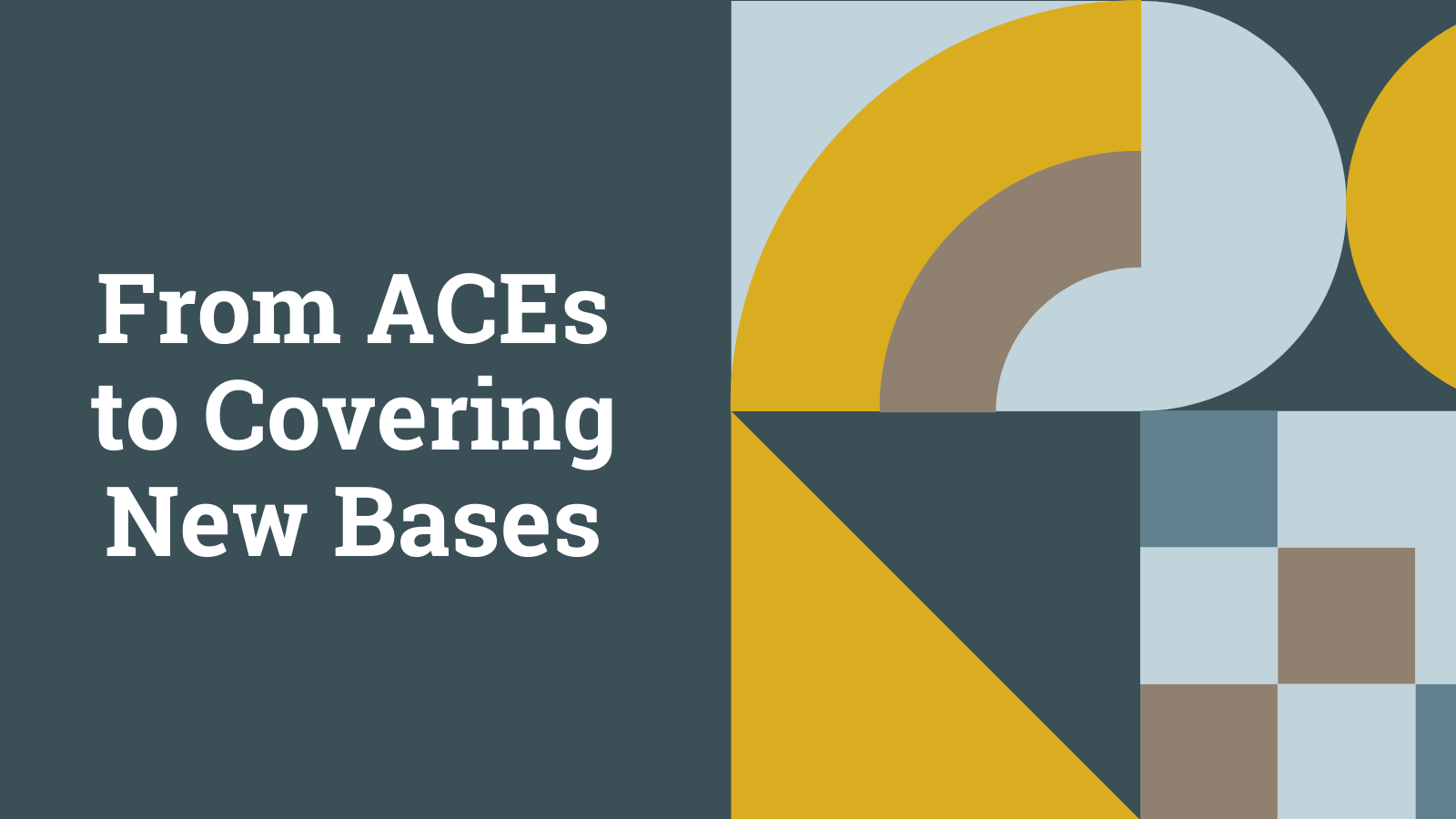I’ve attended a few of the ACE (Adverse Childhood Experience) Symposiums hosted by the LaSalle School in the past, but the 2020 event really churned something in me. Maybe it was the updated information on how COVID-19 has affected New York State generally and People of Color more specifically; how advocates of change have moved the dial on diversity, equity, and inclusion within New York’s systems; the call to civil action for all of us attending; or maybe it was a mixture of it all, but it was the first conference where I spent a full week reflecting and re-watching videos of the presentations I wasn’t supposed to take, but felt I needed in order to stay motivated. I can’t imagine how much more powerful the speakers would have been had we all been together in person, but I also don’t believe this was the original focus of the symposium. Prior to COVID-19, this was to be held in May, shortly before George Floyd’s murder and the months of protests in his name and so many others. I commend LaSalle and all those involved with the 2020 symposium for altering the course and focus of this year’s ACEs Symposium to a topic that was so timely, necessary, and so beautifully articulated through the speakers chosen.
What struck me throughout all of the presentations was an urgency to rethink how we do all of our work, including how we select our work, how we hire, the language we use, the environments we work within and with clients, all the way down to how we collect and present data. Data, as we are all relatively familiar, is the one way to prove the efficacy of a program, practice, or policy, and it’s what we often use to request or continue funding. However, while we attempt to do our due diligence to develop and maintain programs that we think work and collect evidence of that efficacy through data, we can lose the true focus of being attuned to the people we serve. Towards the end of Greg Owens’s presentation, he said something that really stuck with me in relation to all of this, “Outcomes are for us. Impact is for those people who need us.”
I’ve found, too often in my opinion, through the course of my career working with social services agencies, criminal justice agencies, local education systems, state and local behavioral health agencies, and employers that the professionals working to help those utilizing the services of the aforementioned agencies often forget to check in with the individual they’re meant to help. I can’t tell you how much I learned when I worked with at-risk youth while driving them to various appointments, but I can tell you I learned much more during those car rides than I did in a meeting with them. I can’t tell you that in my work with adults who have intellectual and developmental disabilities that I learned how to best assist them through their Individualized Service Plan or the more recent “Personal Outcome Measures” comprehensive assessment. Instead, I learned who they were through organic experiences I presented to them, because the system itself can’t or wouldn’t offer those opportunities. An agency I previously worked for would never had paid me for a trip to New York City that I took one of my clients on, nor would they have paid me to take students to the Clark Art Museum, but that’s the reason I know those people so well and why they trusted me more following those experiences. We need to challenge the very basis of our work and how it truly impacts the people we’re supporting, not just what the outcomes are on paper.
I believe that’s part of what’s been missing in American culture that helped create those very same agencies—a genuine human connection. Instead, we have protocols and procedures for how everything is done, and while I understand and can appreciate why those were put in place, it has a counterproductive result on the people they were put in place for. How much more red tape do we really need and for whom? It certainly doesn’t seem to be in the interest of people “we” support, who are sent from appointment to work to home, spending hours waiting for and on buses or waiting outside the various offices they must visit to have their basic needs met. These are people that can do a great job of coordinating their lives, but because they need support due to previous or current justice-involvement, they are forced to walk a very specific line that tends to accommodate us as the professionals. The younger an individual is who goes through the hardship of poverty and/or the justice system is, the more critical it is that we learn and embrace who they are and support them in what it is they need, rather than what we need from them. And believe me, I understand why we do this. I understand why we focus on checking off the boxes. It’s to continue funding, to be in compliance with regulations, to exist as agencies with an intended mission that we inevitably fall short of due directly to the red tape that surrounds our practices, procedures, and protocols.
The message I received from this year’s ACEs Symposium was loud and clear. We must be knowledgeable in the work we do, we must rethink and relearn how we do our business, we must create new strategies to meet newly identified goals, and, in the end, we will have developed entirely new structures that, just maybe, actually serve us and the people we want to support.
While there is not a recording of the entire presentation, fortunately, there is a recording of Greg Owens’s presentation now available online and to the public.


